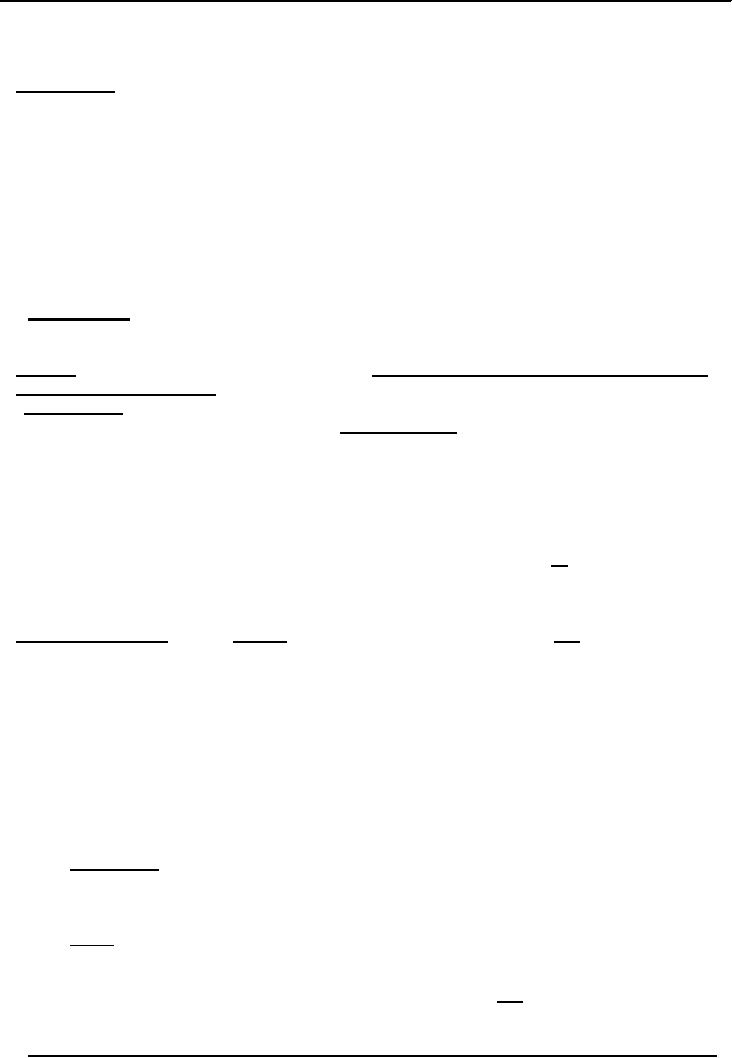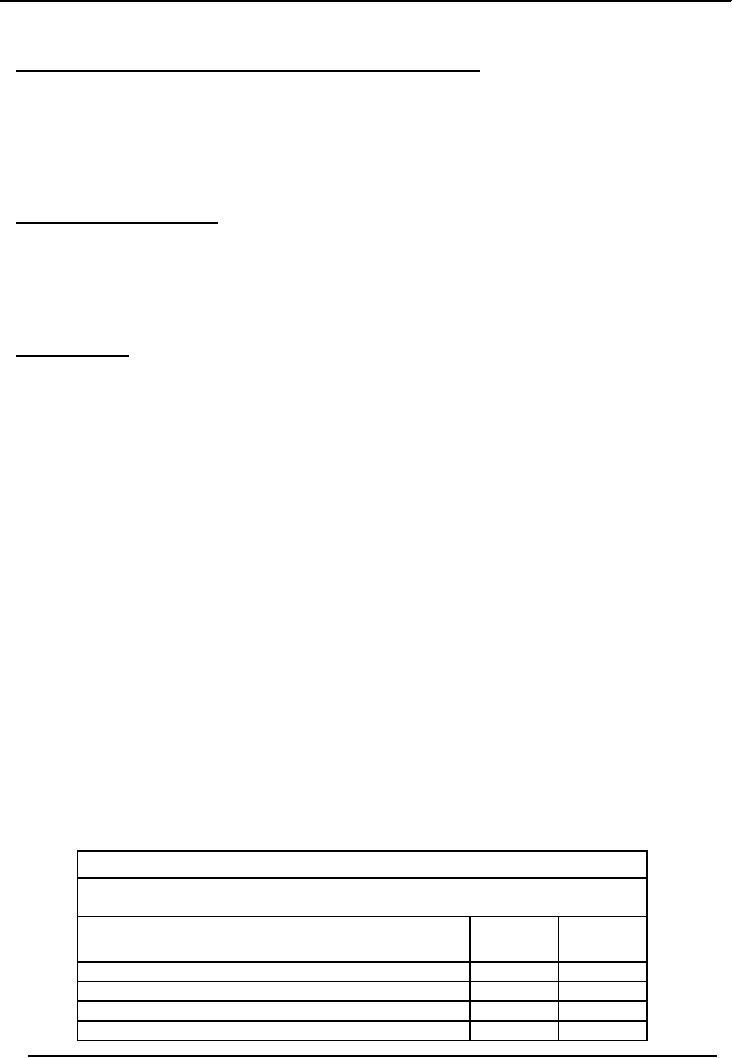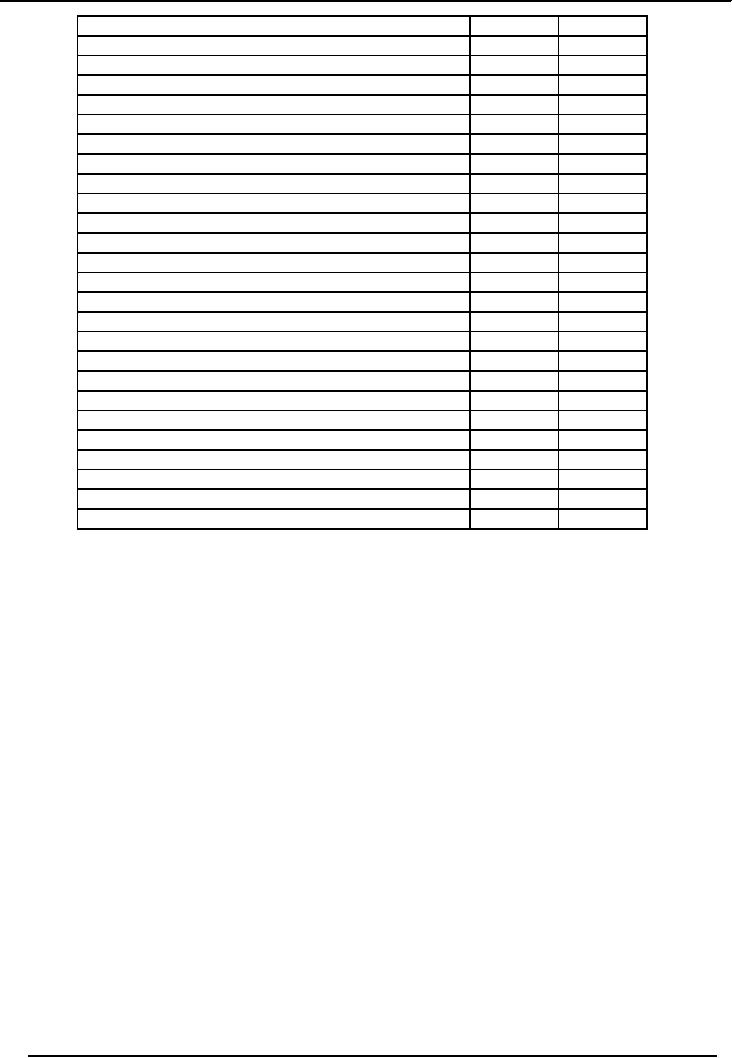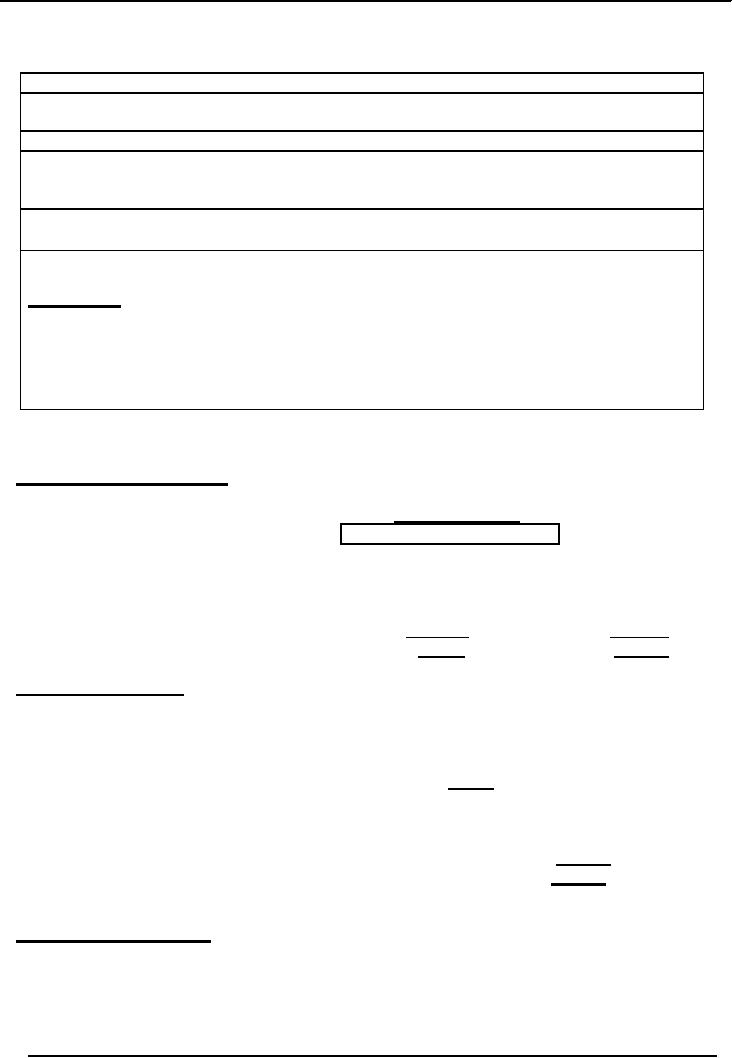 |
Balance Sheet |
| << Income Statement |
| Cash Flow Statement >> |

Financial
Statement Analysis-FIN621
VU
Lesson-11
FINANCIAL
STATEMENTS
(Continued)
Balance
Sheet
The
balance sheet lists the
amounts of the company's assets,
liabilities, and owner's
equity at the end of
accounting
period. The balances of the
assets and liability accounts
are taken directly from the
adjusted
trial
balance. Cash is listed first among the
assets. It is often followed by
such asset as
marketable
securities,
short-term notes receivable, accounts
receivable, inventories, and supplies.
These are the
most
common examples of current assets.
The term "current assets"
includes cash and those
assets that
will
be quickly converted to cash or
used up in operations
BALANCE
SHEET
MOOSA
& CO LTD.,
AS ON
JUNE 30, 2006
I)
Account form
Rs.
in _________
ASSETS
LIABILITIES+SHARE
HOLDERS'
FUNDS/OWNERS'
EQUITY
Current
Assets
-
cash & cash
equivalents
15
Current
liabilities
-
Marketable securities
3
-
pre-paid expense
2
-
Bank borrowings
15
-
Accounts Receivables
10
-
Accounts payable
5
(trade
debtors/customers)
(trade
creditors)
-
Inventory
20
-Provision
for tax
5
______
Total
current liabilities
25
Long-term
interest bearing loan
Total
current Assets
50
(fixed
liabilities)
50
Fixed
Assets
150
Owner's equity/shareholders funds
125
Total
Assets
200
Total
Liabilities and owners' equity
200
=========
====
Note:
The above list is not
exhaustive. It may include
many other items. Cash
equivalent are cash
substitutes
not immediately required
i.e. short-term high liquid
investment, usually for three
months.
Examples
are Treasury bills, certificates,
prize bonds etc. Marketable
securities are investments in
govt.
bonds
and stocks and bonds of other
companies. Fixed Assets are
acquired for long-term use
e.g. Land,
Building,
Plant & Machinery, Vehicles,
Furniture`s & Fixtures etc.
Long-term loans are usually
secured
against
inventory and fixed assets.
Tax is shown both on Balance Sheet as
current liability i.e.
tax
payable
and on Income Statement, as
Interest expense for the
accounting period.
ii)
Report
form
Balance
sheet (As on end of accounting
period)
Rs.
in______
Assets
i)
Current
Assets
50
↓
↑
ii)
Fixed
Assets
150
Total:
200
42

Financial
Statement Analysis-FIN621
VU
LIABILITIES
& OWNERS' EQUITY/SHARE HOLDERS'
FUNDS.
STOCK
↑↓
Current
liabilities
25
Fixed/long
f term liabilities
50
Owners'
equity/shareholders funds.
125
____
Total:
200
Recording in
Balance Sheet: The
guiding rule for an accountant is to be
conservative and choose
lower
values. For example marketable securities
are recorded at cost, but
current market rate is
also
mentioned.
Inventory is recorded at cost or market
value, whichever is lower.
Land is recorded at
historical
cost. Other fixed assets
(i.e. Building, Plant &
Machinery, etc) are recorded at
original cost
less
accumulated depreciation called "Book
value. The accountant must
also make provisions
for
doubtful
debts and inventory
losses.
Current
Assets:
These are assets capable of
being converted into cash
within one year or
operating
cycle,
whichever is longer. Operating
cycle is the time required to
purchase or manufacture inventory,
sell
the product and collect cash
i.e.
Cash/assets
-----------→ Inventory--------→Receivables
---------→ cash
Processing
sales
collection
Length
of operating cycle = inventory
sale days + Receivable
Collection days.
Current
assets
are recorded in order of liquidity
i.e. ease of conversion into
cash. Within current Assets,
some
assets
are more liquid than others.
These are Quick Assets=
Total current Assets
Inventory Pre
paid
expenses.
The accountant must make allowances
for "doubtful accounts" i.e.
"unrealizable". It may
also
be noted that proportion of
current and fixed assets to
total assets is determined by the nature
of
business.
Some
additional items on Balance Sheet: Other
Assets: These are
Incorporation cost
i.e.
start-up
costs in connection with
setting up new business,
property held for sale
etc. Other additional
items
may be, Intangible Assets
like Goodwill, patents, trademarks
etc. Goodwill arises when
one
business
acquires another for a price in
excess of its fair market
value. This is shown on "fixed
Assets
side
of B/Sheet. It has no physical substance
or existence as such. Common meaning of
"Good Will" in
non-accounting
terms is the benefits derived
from a favorable reputation of the
business.
ILLUSTRATION
#2
Following
trial balance has been
extracted from the books of Hassan
Manufacturing Concern on June
30,
2002.
Hassan
Manufacturing Concern
Trial
balance
As on
June 30, 2002
Particulars
Amount
Amount
Dr.
(Rs.)
Cr.
(Rs.)
Raw
Material stock Jul. 01,
2001
35,500
Work
in process Jul. 01,
2001
42,000
Finished
goods stock Jul. 01,
2001
85,000
Raw
material purchased
250,000
43

Financial
Statement Analysis-FIN621
VU
Wages
180,000
Freight
inward
12,000
Plant
and machinery
400,000
Office
equipment
45,000
Vehicles
200,000
Acc.
depreciation Plant
195,200
Acc.
depreciation Office
equipment
12,195
Acc.
depreciation Vehicles
97,600
Factory
overheads
125,000
Electricity
80,000
Salaries
140,000
Salesman
commission
120,000
Rent
200,000
Insurance
150,000
General
Expense
60,000
Bank
Charges
8,500
Discounts
Allowed
20,000
Carriage
outward
35,000
Sales
1,500,000
Trade
Debtors
250,000
Trade
Creditors
220,000
Bank
165,000
Cash
110,000
Drawings
175,000
Capital
July 01, 2001
863,005
Total
2,888,000
2,888,000
Notes:
� Stock
on June 30, 2002.
o Raw
Material
42,000
o Work
in Process
56,500
o Finished
Goods
60,000
� 50%
of electricity, insurance and
salaries are charged to
factory and balance to
office.
� Depreciation
to be charged on Plant & Machinery at
20%, Office Equipment at 10%
and
Vehicles
at 20%on WDV.
� Write
off bad debts Rs.
30,000.
All the
wages are direct
44

Financial
Statement Analysis-FIN621
VU
Balance
Sheet
Hassan
Manufacturer Concern
Profit
and Loss Account
For
the Year Ending June
30, 2002
Particulars
Note
Amount
Rs.
Fixed
Assets at WDV
4
275,284
Current
Assets
5
653,500
Current
Liabilities
6
(220,000)
Working
Capital
433,500
Total
Assets Employed
708,784
Financed
by:
Capital
863,005
Add:
Profit for the year
20,779
Less:
Drawings
(175,000)
Total
Liabilities
708,784
Note #
4 Fixed Assets at WDV
Acc.
Depreciation
WDV
Cost
Rate
Opening
For the year
closing
Plant
& Mach.
400,000
20%
195,200
40,960
236,160
163,840
Vehicles
200,000
20%
97,600
20,480
118,080
81,920
Office
Equip.
45,000
10%
12,195
3,281
15,476
29,524
275,284
64,721
Note #
5 Current Assets
Stock
Raw
Material
42,000
Work
in Process
56,500
Finished
Goods
60,000
158,500
Debtors
250,000
Less:
Bad Debts
(30,000)
Bank
165,000
Cash
110,000
Current
Assets
653,500
Note #
6 Current Liabilities
Trade
Creditors
220,000
45
Table of Contents:
- ACCOUNTING & ACCOUNTING PRINCIPLES
- Dual Aspect of Transactions
- Rules of Debit and Credit
- Steps in Accounting Cycle
- Preparing Balance Sheet from Trial Balance
- Business transactions
- Adjusting Entry to record Expenses on Fixed Assets
- Preparing Financial Statements
- Closing entries in Accounting Cycle
- Income Statement
- Balance Sheet
- Cash Flow Statement
- Preparing Cash Flows
- Additional Information (AI)
- Cash flow from Operating Activities
- Operating Activities’ portion of cash flow statement
- Cash flow from financing Activities
- Notes to Financial Statements
- Charging Costs of Inventory to Income Statement
- First-in-First - out (FIFO), Last-in-First-Out (LIFO)
- Depreciation Accounting Policies
- Accelerated-Depreciation method
- Auditor’s Report, Opinion, Certificate
- Management Discussion & Analyses (MD&A)
- TYPES OF BUSINESS ORGANIZATIONS
- Incorporation of business
- Authorized Share Capital, Issued Share Capital
- Book Values of equity, share
- SUMMARY
- SUMMARY
- Analysis of income statement and balance sheet:
- COMMON –SIZE AND INDEX ANALYSIS
- ANALYSIS BY RATIOS
- ACTIVITY RATIOS
- Liquidity of Receivables
- LEVERAGE, DEBT RATIOS
- PROFITABILITY RATIOS
- Analysis by Preferred Stockholders
- Efficiency of operating cycle, process
- STOCKHOLDERS’ EQUITY SECTION OF THE BALANCE SHEET 1
- STOCKHOLDERS’ EQUITY SECTION OF THE BALANCE SHEET 2
- BALANCE SHEET AND INCOME STATEMENT RATIOS
- Financial Consultation Case Study
- ANALYSIS OF BALANCE SHEET & INCOME STATEMENT
- SUMMARY OF FINDGINS